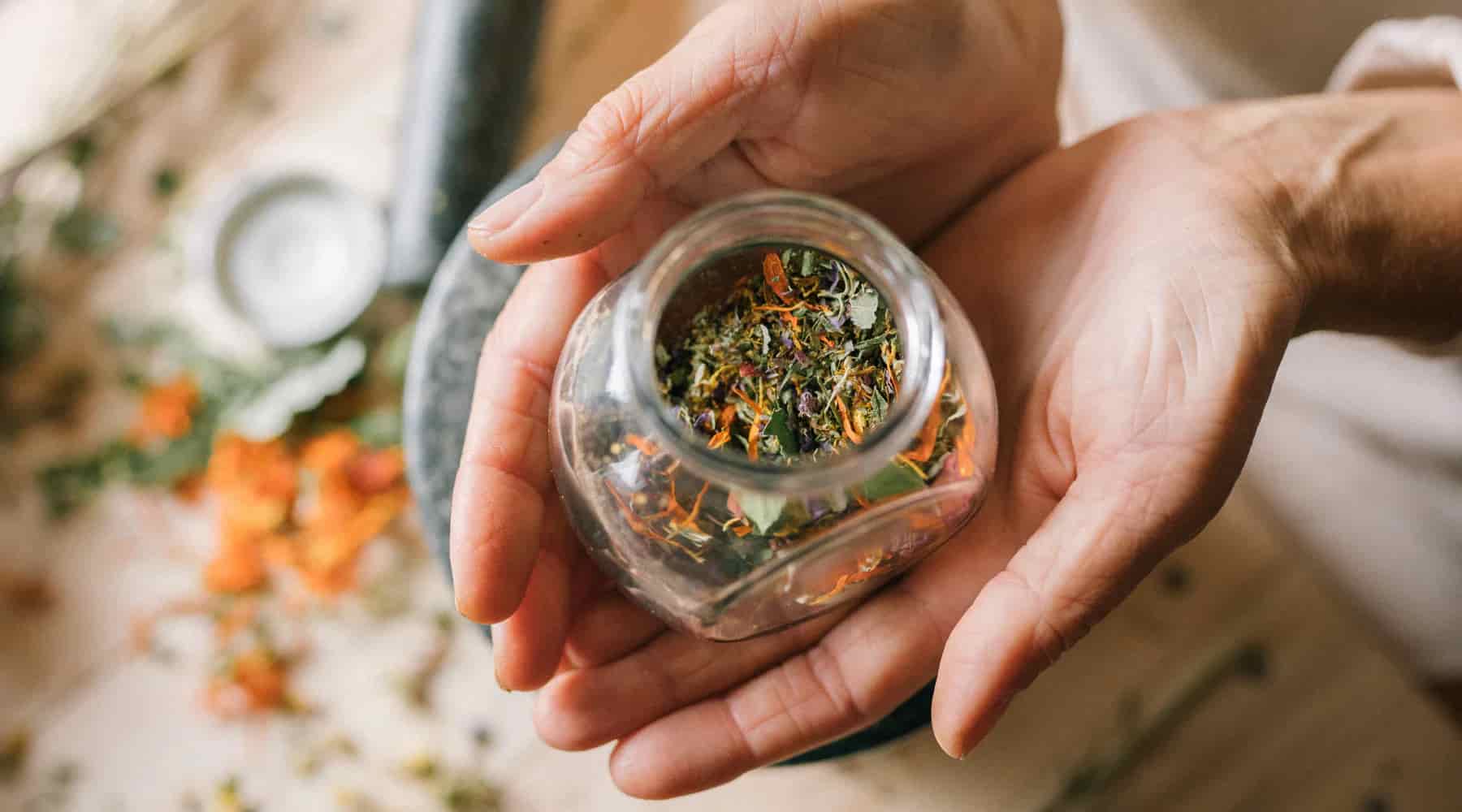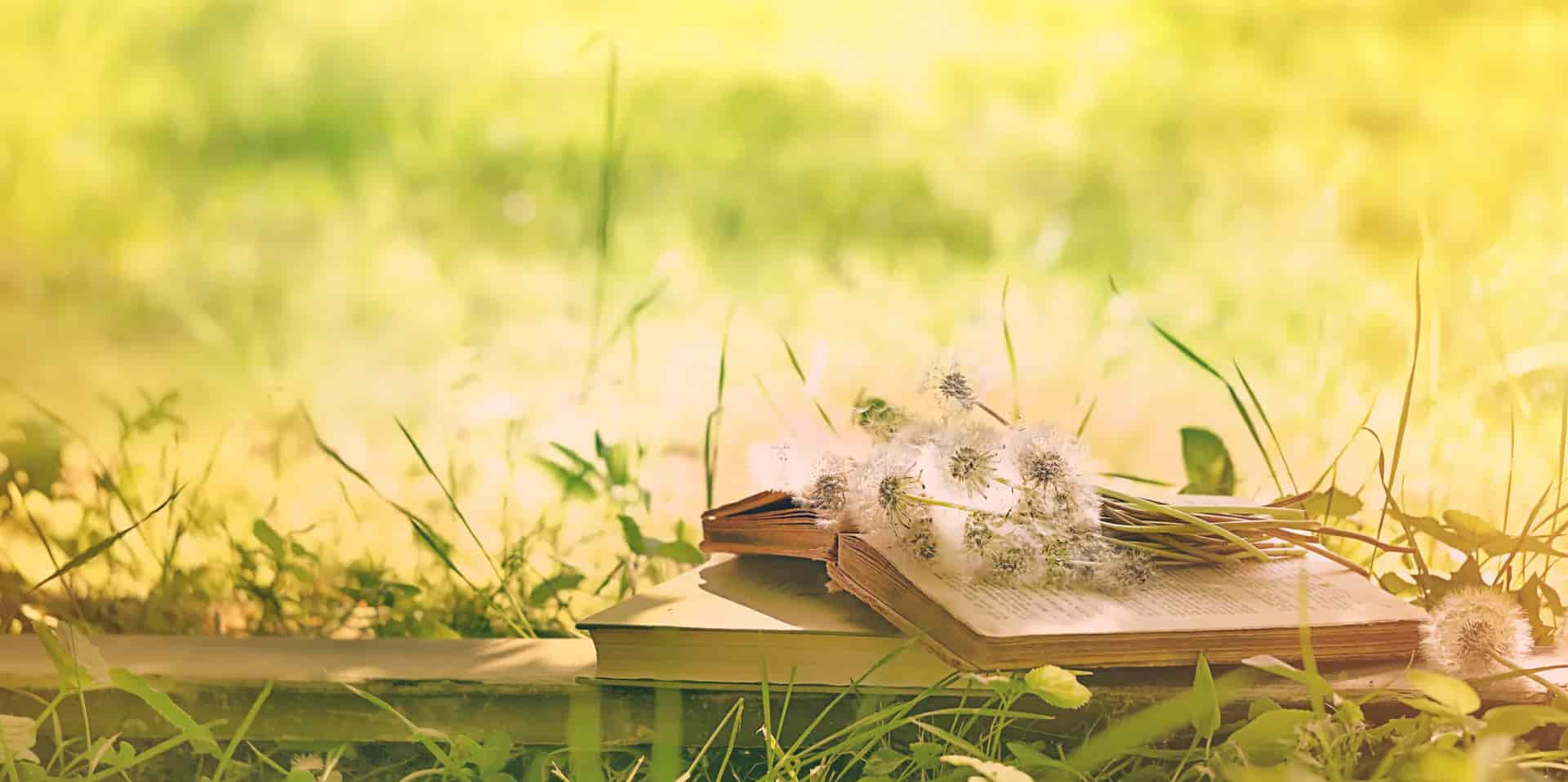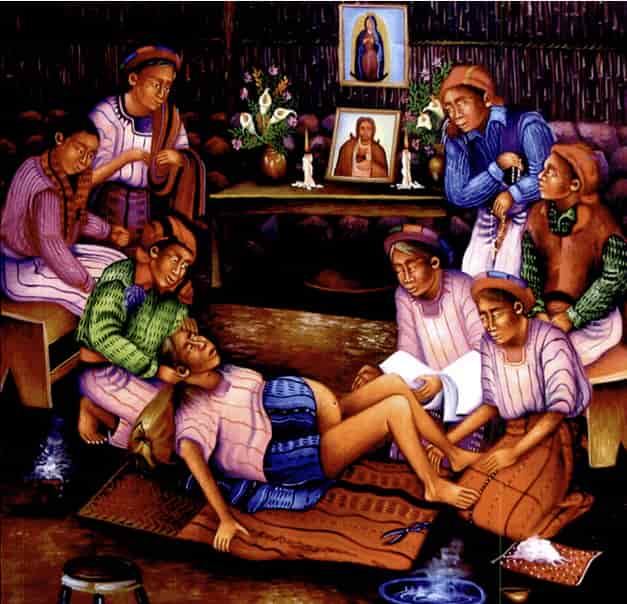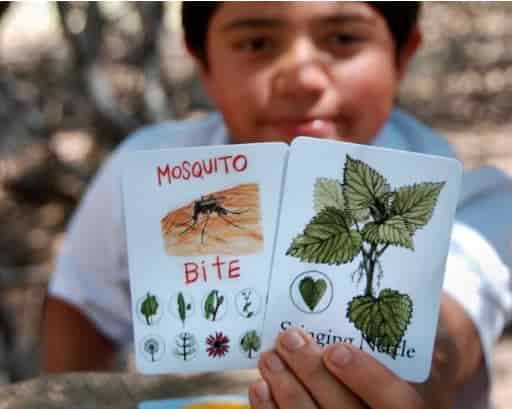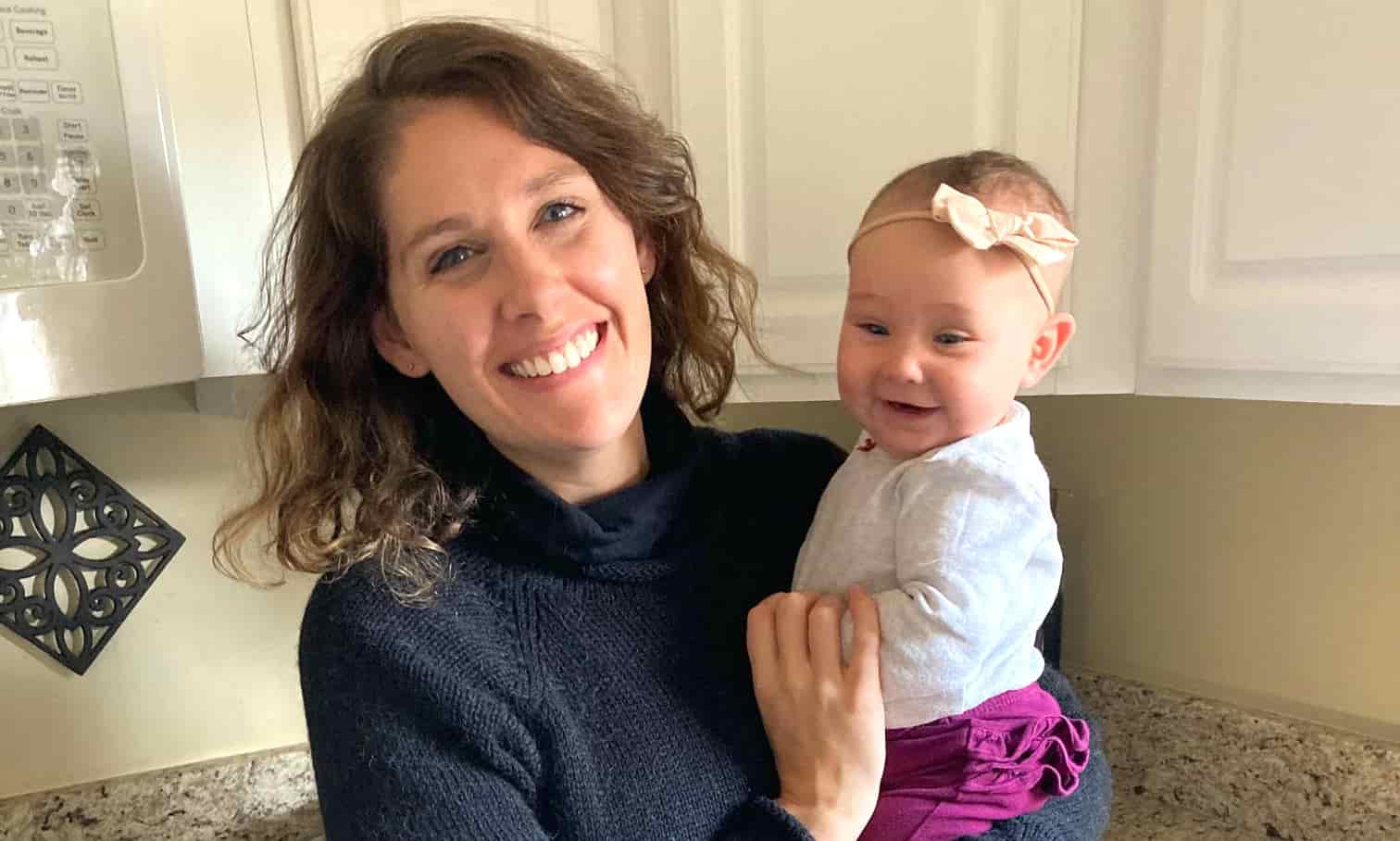"Everything starts here."
Herbal Revolution Farm describes the land and farm like a breathing, sustainable ecosystem. They are stewards of the land, working alongside wildlife like red-tailed hawks and deer. They coexist on a magical herb farm along mid-coastal Maine, where they are dedicated to building land stewardship and connecting people with plants.
To learn more, we talked with Katheryn Langelier, founder and CEO of Herbal Revolution Farm and Apothecary, about the importance of farming.
Q: what inspired you to start Herbal Revolution? How does your personal mission align with the farm's?
Starting Herbal Revolution was definitely something I sort of stumbled into. Well, maybe not stumbled into, but grew into. I've been working with plants since growing up in rural Maine. This was in the 70s, and 80s, so I spent all my time outside. I grew up learning the plants in my environment and as I continued to grow, my desire to become more intimate with these plants also grew. I just really wanted to work with plants.
I worked on farms, and by the time I became a teenager I was living in the woods without water or electricity, just sort of following this path to the point where I finally realized that I wanted to do this forever! That led me to found Herbal Revolution. I was in massage school at the time, because I wanted to understand the mechanics of the body better and how plants could work with the body. I just knew that I couldn't be indoors.
I had also already been running my own herbal apothecary for over 10 years at that point and utilizing that within this massage practice. People said, "Wow, that's a really good body butter that you've made, can I buy it?" The business sort of evolved from there.
Q: What does it mean to be a farmer at Herbal Revolution?
I started farming in my late teens and apprenticing on farms, but these farmers didn't refer to themselves as herbalists, even though they were growing herbs and creating herbal preparations. It wasn't this separate thing —using herbs was just a part of life.
That's where it all starts: the precious plants we grow during the warm months and then turn into winter bounty. How are we going to preserve them in order to support us through the winter until the next season? We are in constant connection with the plants when out in the garden or the field working with them and we're still working with them in the non-growing season. For me, if it wasn't for my farming and working with the plants, there would be no Herbal Revolution. That's the heart my work.

Q: I love the idea of incorporating astrology into your herbal education and products. What inspired you to do that?
Down the road from where my sister and I grew up as kids was this big sundial, and I was fascinated by it! Kids are fascinated by the sky, right? It's beautiful. It's vast. It's curious. Afterwards, you start learning more about how our ancestors and native people have had these deep connections with the Celestials throughout time.
When I stumbled across Rudolf Steiner and biodynamic farming, I found seasonal connections, because everything is connected within our bodies. We are not just a heart, we're not just a liver, we're all of it, and astrology is kind of approaching life and the body from that perspective.
Q: Why is herbal farming important for the future?
I think farming is important for the future no matter what, and herbs are a vital part of that. For me, it's all the same, but we do need more herb farms that take a sustainable approach, even through it can be more challenging to do it that way.
It's so important for communities to have access to small, organic, regenerative, sustainable farms for a number of reasons. They're good for those local economies, they build community, and they support community wellness. I also want to believe that they spread the principles of land stewardship and the connection of caring for the land by honoring the ancient, ecological relationship we've had with plants.
I've always thought that everyone should have access to seeds and the knowledge to grow those seeds, harvest them, and preserve them or prepare them. Or at least the opportunity if it's something they're interested in.
Q: What is the largest challenge you face in growing medicinal herbs for your business?
I think the growing part — having the resources to make it financially viable — is probably is the biggest challenge. That being said, sometimes it's understanding the weather patterns, because we're experiencing weather patterns that are all over the place these days.
I'm especially worried about my Garlic this year. Is it going to rot? Is it going to grow? In the past few years, we've lost a lot of perennials because of the thawing and freezing back and forth, and we no longer have stable winters with solid snow cover anymore.
Q: I was hoping you would touch on this, because I feel like people in urban areas don't always understand the unique challenges facing small farms. For instance, here in the Southwest, we're definitely facing a water challenge. Are you facing similar water challenges there?
We usually don't have an issue with that here in Main, but we have had a number of droughts recently. I will say that herbs are fairly resilient, but that being said, they're not when they're just little babies, and if we don't get rain or have a way of getting water on them in those early stages, it can be really challenging.
We have all kinds of variables of crop loss, from not getting enough rain, to getting way too much. Last fall we had so much rain, which again is why I'm worried that the Garlic might have rotted. It's been all over the map.
During the drier seasons we've considered digging a farm pond and tried to figure out what irrigation looks like us for the future? But these systems are very expensive and costly. It's a good example of why we need people supporting small farms, because it's just much more challenging for us to compete with the prices bigger farms offer.
I think it's most important for people to recognize we are trying to provide good wages for people and honor people working out in the field. This is hard work.

Q: What are your local pollinators there?
We have native bees, monarchs and other butterflies. We did the honeybee thing for a while, but it's a lot pressure keeping those little bees alive! So, now we're more focused on supporting our local pollinators.
Q: What advice would you give your younger self?
I would love to have had my younger self start the business sooner. At the same time, it wasn't like I just woke up one day and thought, "I'm going to go start a business!" My life led me gradually to this place.
Also, in regards of my younger self, I might have told her to save a little bit of money. Start squirreling away something for the older me!
Q: What is your Spirit Herb?
It's funny, Mugwort is the first thing that pops into my brain. For me, it's ever evolving.
Thank you Katheryn. You are an inspiration to my generation of herbalists, aspiring farmers, and plant lovers.
We invite everyone to check out Herbal Revolution Farm! As Katheryn mentioned above, when we support local farms, herbalists, and small business owners, we are supporting a healthier planet and lessening the carbon footprint in purchasing our day to day goods.
Lauren Ann Nichols-Sheffler attended The Colorado School of Clinical Herbalism and received her certificate in medical herbalism. She is the owner of Blue Yarrow Herbs aka Herbal Vice, an herbal product company practicing bioregional herbalism by cultivating plants and sourcing locally. Lauren loves educating and advocating for plant sustainability. She is the sourcing and Purchasing manager for WishGarden Herbs.
For educational purposes only. This information has not been evaluated by the Food and Drug Administration. This information is not intended to diagnose, treat, cure, or prevent any disease, or sell any product.
Recommended Products
Further Reading
